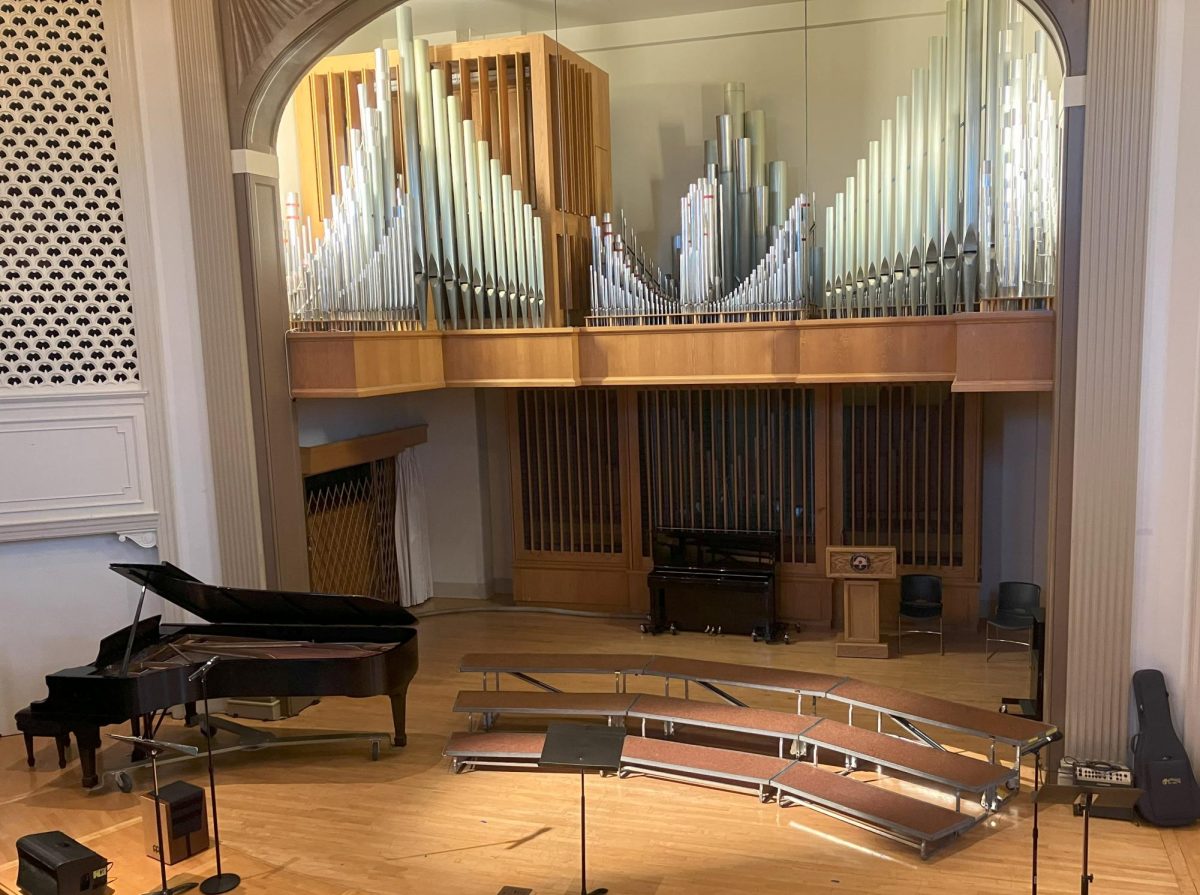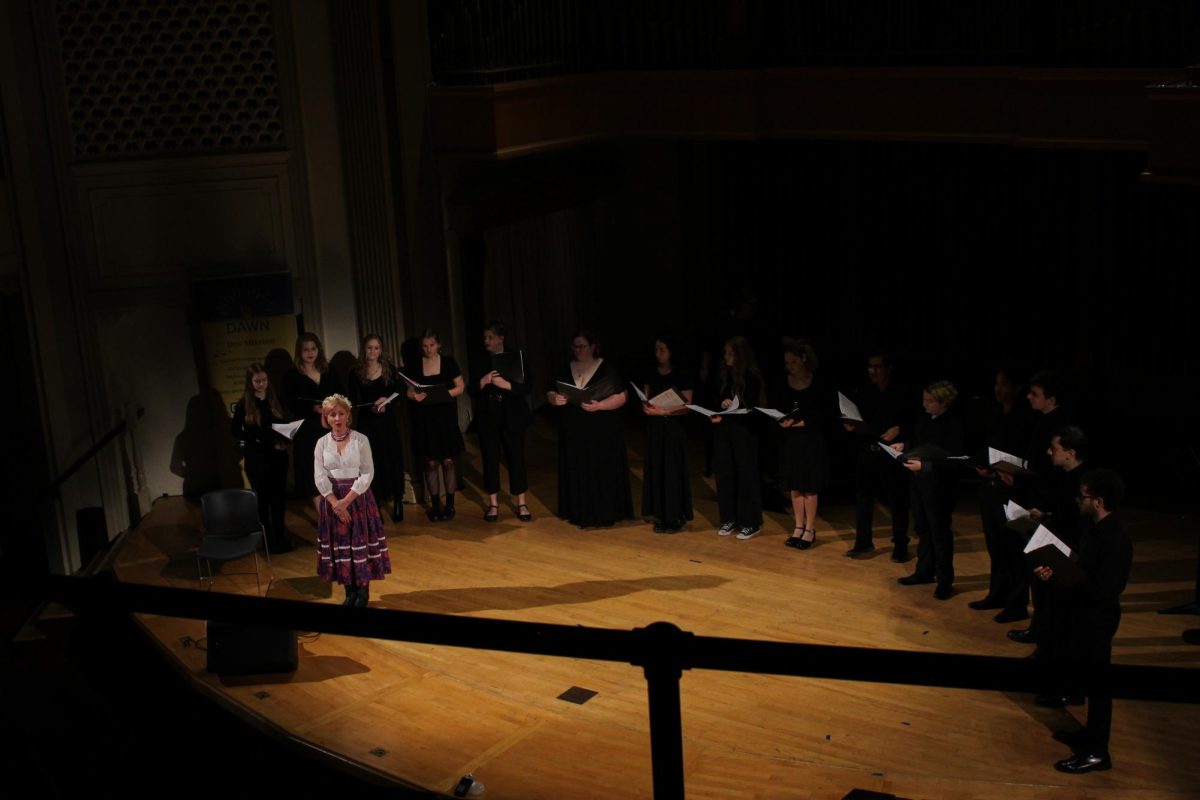
In a stunning reversal, the Associated Students of Linfield College Senate changed course Monday night and voted in support of a Greenfield resolution advocating for the closure of an Oregon coal plant by 2014 instead of 2020.
This result is in stark contrast to the vote a month ago, when senators nearly unanimously voted down the resolution.
At the May 17 ASLC Senate meeting, Greenfield, in conjunction with the Sierra Club, a national environmental group, presented its resolution for a second time to have the Boardman Power Plant, owned by Portland General Electric, cease energy operations involving coal by either closing down or switching to “green” energies, by 2014 instead of the stated date of 2020.
This push came after PGE said it would move the closing date from 2040 to 2020.
When Greenfield last came to request Senate’s support, it was unable to field in-depth questions regarding economic and environmental aspects, which, in great part, led the Senate to vote against the resolution.
This time, despite senators questioning the validity of having the same resolution appear on the agenda so quickly after it was dismissed, few questions were asked, and the motion to support the resolution passed overwhelmingly.
However, not 20 minutes later, discussion revved up again, as senators bickered whether defeated resolutions should be allowed on the agenda so soon after their defeat.
Senators in favor of the resolution, claimed that allowing the resolution back on the agenda enabled senators to make a more informed decision, as they understood the minutiae.
Other senators, however, bemoaned the act, saying that such allowances would set a negative precedence in which clubs that are dissatisfied with a Senate vote could simply request to be on the agenda until they obtain a more satisfactory answer.
Discussion continued for nearly 20 minutes as senators volleyed ideas and complaints back and forth.
Junior ASLC President Colin Jones even suggested that if senators were so distressed about the contentious issue, they could vote to rescind it.
But after all the vitriol, the issue fell to the wayside, and Senate went on with its business.
Dominic Baez
Freelancer Dominic Baez can be reached at
[email protected]







Nick Engelfried • May 22, 2010 at 12:34 pm
Thanks for writing about this important issue. I’m surprised, however, that the reporter apparently didn’t take time to explore why it was that the resolution passed, or ask why so many senators changed their minds. There’s no mention of the petition signed by over 150 Linfield students that asked the senate to vote a second time and pass the resolution, or the many emails supporting the resolution that students took time to send to the senate during the busiest time of the school year. Of course, maybe not all these grassroots tactics were apparent to an outside observer (though the petition was publicly presented at the meeting where the senate voted a second time). But if the author of this piece was in the room the night the senate voted, they must have heard several senators from within ASLC speak up and state quite eloquently why they felt the senate should re-consider and pass the resolution. I’m unsure why none of this merited mention in this article. It’s a disservice to the students who organized a grassroots effort to get this resolution passed not to recognize their work.
Disclosure statement: I’m the volunteer from the Sierra Club who worked with Greenfield to get this resolution passed. I speak neither for Linfield students nor the Sierra Club – only myself.
Matt • May 21, 2010 at 3:17 pm
I think it only passed because people are tired of hearing about it.